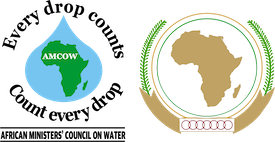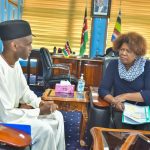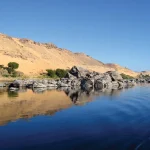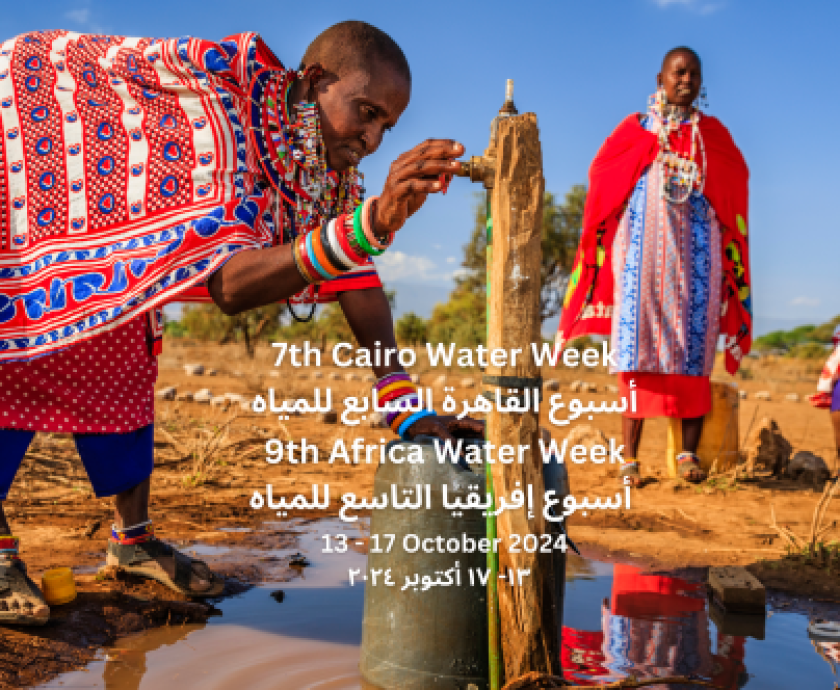ENTEBBE, Uganda – The four-day high-level meeting held from May 22 to May 25, 2023, at the Munyonyo Commonwealth Resort in Kampala concluded with the landmark Kampala Declaration on Transboundary Water Resources Management in Africa. This significant gathering, organized by the African Network of Basin Organizations (ANBO) in collaboration with the Nile Basin Initiative (NBI), African Ministers’ Council on Water (AMCOW), GIZ, and the World Bank, marked the first of its kind and emphasized the crucial need for enhanced cooperation among these institutions.
During the meeting, key stakeholders, including the African Regional Communities (RECs), the River and Lake Basin Organizations (RLBOs), the African Development Bank, and other Development Partners, agreed on the Kampala Declaration. This declaration outlines a comprehensive set of commitments to strengthen collaboration, leverage resources, advance transboundary projects, enhance data and information services, and institutionalise high-level engagements. The shared objective is to effectively manage and develop shared water resources in support of Africa’s socio-economic growth, regional integration, and the achievement of key regional and global goals, such as the African Union Agenda 2063, Africa Water Vision 2025, and the Sustainable Development Goals (SDGs), with a particular focus on SDG 6 and its targets.
The meeting commenced with an opening address by the Rt. Hon. Rebecca Alitwala Kadaga, First Deputy Prime Minister and East African Community Affairs Minister. She emphasised the importance of effective water governance and policy harmonisation in addressing the continent’s water challenges. Professor Patrick Otieno Lumumba delivered an inspiring keynote address, underscoring the pivotal role of the river and lake basin organizations in Africa’s socio-economic transformation and the need for self-reliance.
Representing the Development Partner perspective, Anders Jägerskog, Program Manager of the Cooperation in International Waters in Africa (CIWA), highlighted the World Bank’s commitment to supporting transboundary water cooperation as a public good that fosters conflict prevention and climate resilience. Dr Malte Grossman, Head of Nile Basin Projects at GIZ Uganda, stressed the significance of peer-to-peer learning among River and Lake Basin Organizations, emphasising the importance of sustained networking.
Eng. Sylvester Matemu, President of the African Network of Basin Organizations, underscored the regional importance of this high-level stakeholder engagement, stating that transboundary water cooperation is vital for sustainable water management, development, and the protection of the environment. Hon. Beatrice Atim Anywar, Uganda’s State Minister for Water and Environment, emphasised the cooperative approach required to address water resources’ threats.
Dr Rashid Mbaziira, the Executive Secretary of AMCOW, called upon all stakeholders to act on the commitments outlined in the Kampala Declaration, urging them to institutionalise this high-level gathering as an annual event for monitoring progress. As part of the meeting’s agenda, delegates also visited the Source of the Nile River in Jinja and a hydroelectric power plant, highlighting the practical aspects of transboundary water management. AMCOW’s active participation and collaboration in this high-level stakeholder engagement have resulted in the development of the Kampala Declaration. This comprehensive framework sets the stage for enhanced cooperation, sustainable development, and protection of African shared water resources.








